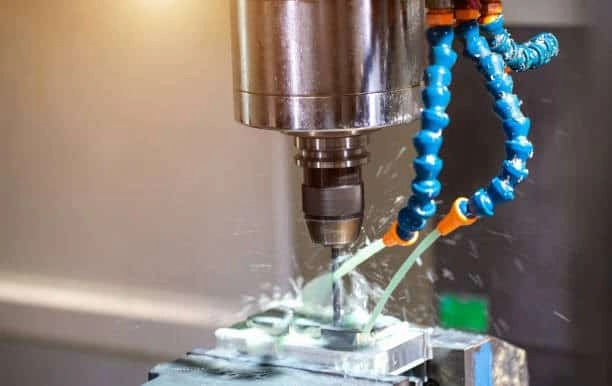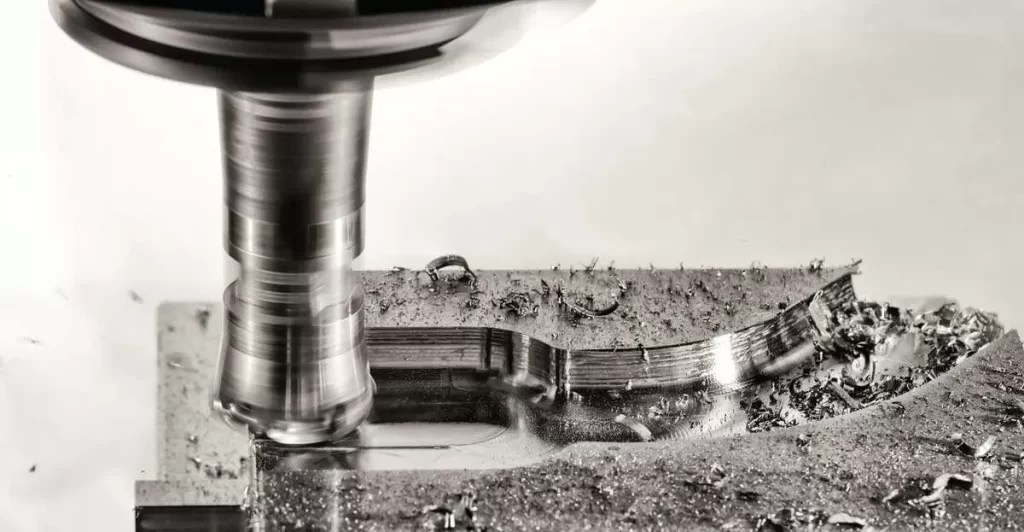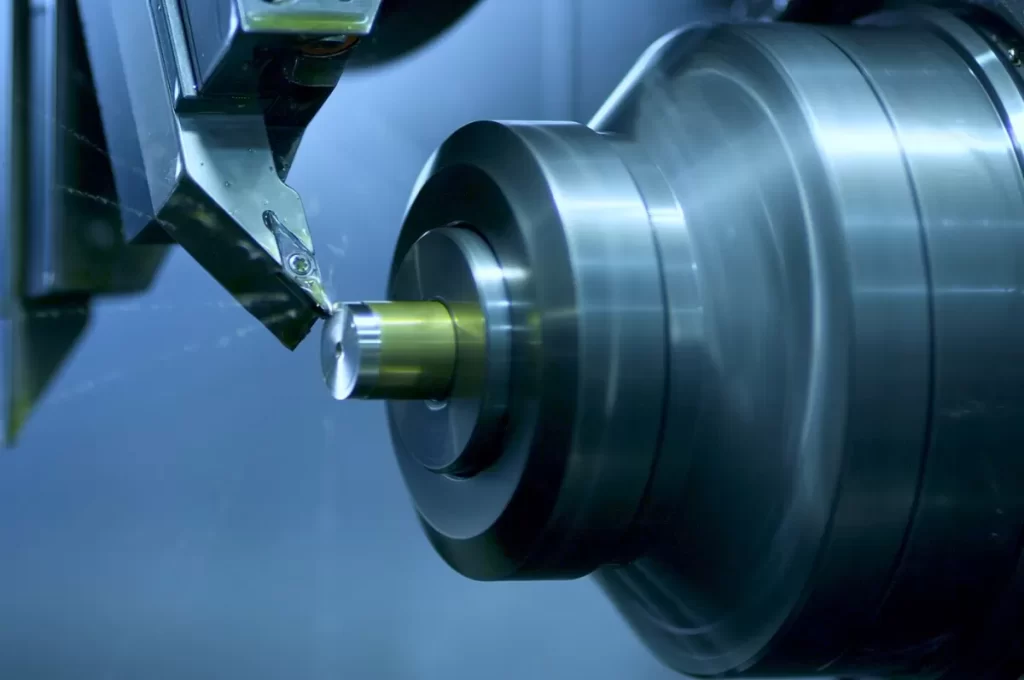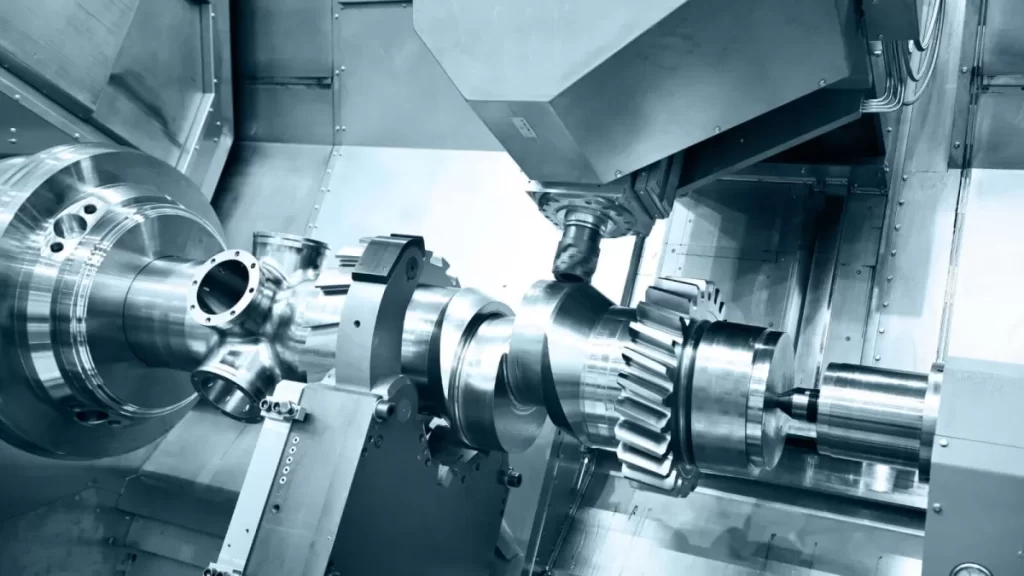What is CNC Machine Coolant
You might wonder, what exactly is CNC machine coolant and why is it so important? Simply put, CNC machine coolant is a specialized fluid or liquid used during CNC machining to cool and lubricate cutting tools and workpieces. Its primary purpose is to reduce heat generated by friction, helping to maintain the integrity of the tool and the precision of the machined part.
But coolant does more than just cool. It also flushes away metal chips and debris, preventing damage or clogging during the cutting process. This dual action of cooling and lubrication boosts overall CNC machining performance by:
- Extending tool life by reducing wear and tear
- Improving surface finish for smoother, more accurate parts
- Enhancing machining efficiency by allowing faster cutting speeds without overheating
Using the right CNC coolant keeps your machines running smoother and longer—ultimately saving time and money. It’s a foundational element that supports every precision step in CNC machining.
Types of CNC Machine Coolant

Choosing the right CNC coolant depends on your machining needs. Here’s a quick look at common types used in the U.S. market:
Synthetic Coolants
These are water-based fluids made from chemicals without oils. They offer excellent cooling and are great for high-speed machining. Synthetic coolants keep machines cleaner and reduce bacterial growth.
Semi-Synthetic Coolants
A mix of synthetic and oil-based components, semi-synthetics provide both cooling and lubrication. They balance performance and cost, making them popular for general CNC machining.
Soluble Oils
These coolants mix oil with water, providing strong lubrication and cooling. Soluble oils are versatile and commonly used for tougher materials, but they require regular maintenance to avoid bacterial contamination.
Straight Oils
Straight oils contain no water and are 100% oil-based, offering excellent lubrication but less cooling. They’re best for heavy-duty cutting or grinding but may cause more buildup on machines.
Emerging Coolants
New eco-friendly and biodegradable coolants are gaining attention. These options aim to reduce environmental impact while maintaining performance, ideal for shops focused on green machining.
Each type has its place in improving CNC machining efficiency and tool life, depending on your operation’s needs.
Coolant Delivery Systems for CNC Machines
Choosing the right coolant delivery system is crucial for keeping your CNC machine running smoothly and efficiently. Here’s a quick rundown of the common types you’ll find:
Flood Coolant
This is the most traditional system, where a large volume of coolant floods the cutting area. It’s great for keeping tools and parts cool during heavy-duty machining but uses more coolant and needs proper disposal.
Minimum Quantity Lubrication (MQL)
MQL sprays a tiny amount of lubricant directly on the cutting zone. This method saves coolant, reduces waste, and improves overall shop cleanliness—perfect if you’re looking to cut costs and environmental impact.
High-Pressure Coolant Systems
Ideal for tougher materials and deep cutting, high-pressure coolant delivers coolant at very high pressures. It improves chip evacuation and extends tool life by keeping everything cooler and cleaner during intense jobs.
Air and Mist Systems
These systems use a mix of air and coolant mist to cool and lubricate cutting tools. They’re handy when you need reduced coolant use, although they might not be suitable for all materials or cutting conditions.
HYCNC’s Approach to Coolant Delivery
At HYCNC, we customize coolant delivery to fit your specific machining needs. We balance efficiency, tool life, and environmental responsibility by recommending the ideal system—whether it’s flood, MQL, or high-pressure setups. Our goal is to maximize your CNC machining efficiency while minimizing costs and downtime.
Benefits of Using the Right CNC Coolant
Using the right CNC machine coolant can make a big difference in your machining process. Here’s how it helps:
Extended Tool Life
Good coolants keep tools from overheating and wearing out too fast. By reducing heat and friction, they help you get more hours of use from cutting tools without constant replacements.
Improved Surface Finish
The right coolant keeps your workpiece smooth and clean. It flushes away chips and reduces heat, which prevents rough edges or burns on the material being machined.
Enhanced Efficiency
Coolants boost overall CNC machining efficiency. They allow faster cutting speeds and reduce downtime caused by tool changes or machine overheating. That means more parts made in less time.
Environmental and Cost Benefits
Using proper coolants helps minimize waste and lowers the risk of environmental hazards. Maintaining clean coolant systems extends coolant life, cutting costs over time. Plus, efficient coolant use can reduce energy consumption by keeping machines running smoothly.
Choosing the right CNC coolant isn’t just about keeping things cool—it directly impacts your bottom line and job quality.
How to Choose the Best Coolant for Your CNC Operation
Picking the right CNC machine coolant is key to getting the best results and keeping your equipment running smoothly. Here are some factors to consider:
-
Material Being Machined
Different materials like aluminum, steel, or titanium need specific coolants to reduce wear and prevent overheating.
-
Cutting Conditions
High-speed or heavy cutting requires coolants that handle extreme heat and pressure, such as high-pressure coolant systems or synthetic coolants.
-
Water Quality
Since most coolants mix with water, using clean, soft water can prevent buildup and corrosion. Hard or contaminated water can reduce coolant life and affect performance.
-
Coolant Mixing Ratios
Follow manufacturer guidelines or expert advice for mixing concentrations. Too weak can cause poor cooling; too strong might lead to residue or waste.
-
Environmental and Safety Regulations
Choose coolants that comply with local U.S. environmental rules and are safe for your team to handle.
At HYCNC, we recommend synthetic or semi-synthetic coolants for most CNC operations, as they balance performance and maintenance well. We also help customize coolant solutions based on your specific machine setup, local water quality, and production needs to maximize tool life and keep costs down.
If you’re unsure which coolant fits your operation, reach out to HYCNC’s experts. We’ll guide you through tailored recommendations to boost your CNC machining efficiency.
Coolant Maintenance Best Practices
Keeping your CNC machine coolant in top shape is key to smooth operations and lasting tool life. Here are the best practices for coolant maintenance:
Regular Monitoring and Filtration
- Check coolant concentration and pH levels often to prevent breakdown.
- Use filtration systems to remove chips, dirt, and other debris that can clog your coolant system.
Oil Skimmers for Tramp Oil Removal
- Tramp oil comes from lubricants and hydraulic fluids that contaminate your coolant.
- Using oil skimmers helps remove this unwanted oil, keeping coolant clean and extending its life.
Automated Coolant Systems
- Automated systems maintain coolant quality consistently by monitoring and adjusting fluid levels and filtration.
- These systems reduce manual work and help avoid costly downtime.
HYCNC’s Maintenance Support
- At HYCNC, we offer expert coolant maintenance services customized to your machine and operation.
- Our team helps you set up monitoring schedules, filtration solutions, and oil skimmer integration, making sure your coolant stays effective and safe.
Proper coolant maintenance not only keeps your CNC running efficiently but also cuts down costs and boosts tool performance.
Common Coolant Related Challenges and Solutions
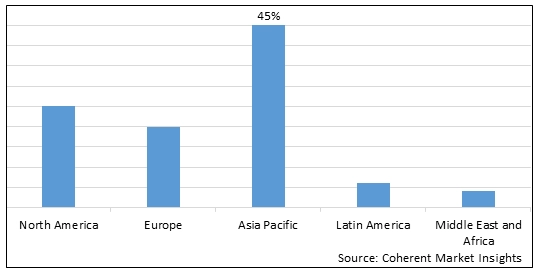
Using CNC machine coolant comes with its own set of challenges, but knowing how to handle them keeps your operation running smoothly.
Bacterial Contamination and Odors
Coolant tanks can become breeding grounds for bacteria if not maintained properly. This leads to unpleasant odors and can cause skin irritation or respiratory issues for operators. To combat this:
- Use biocides or coolant additives designed to prevent bacterial growth
- Regularly monitor coolant condition with microbial testing
- Keep coolant tanks clean and properly sealed
Tramp Oil and Chip Clogging
Tramp oil, or unwanted oils and lubricants, can contaminate your coolant. This causes foam, reduced cooling efficiency, and clogging. Similarly, metal chips and debris can block coolant flow and filters. Solutions include:
- Using oil skimmers to remove tramp oil effectively
- Installing proper filtration systems for chip separation
- Scheduling frequent coolant clean-outs and replacements
Health and Safety Concerns
Coolant mist and odors can affect operator health when ventilation is poor or protective measures aren’t in place. Also, some coolants contain chemicals that need careful handling. Best practices are:
- Ensure adequate shop ventilation and use mist collectors or extraction systems
- Provide personal protective equipment like gloves and masks
- Train staff on safe handling and disposal of coolants
Addressing these issues proactively will boost CNC machining efficiency, extend tool life, and create a safer working environment. For more on enhancing surface quality in CNC machining with proper coolant use, check out this guide on good surface finish for CNC machined parts.
Why Choose HYCNC for Your CNC Machining Needs
When it comes to CNC machine coolant and overall machining performance, HYCNC stands out. We bring deep expertise in coolant optimization, helping your machines run cooler, cleaner, and more efficiently. Our experience allows us to tailor coolant types and delivery systems specifically for your operation, maximizing tool life and surface quality.
Beyond coolant solutions, HYCNC offers comprehensive CNC processing services across a wide range of materials and parts. From prototype runs to full production, we handle your projects with precision and speed, backed by modern equipment and skilled technicians.
Looking for a partner who understands the unique demands of CNC machining in the U.S. market? Contact HYCNC to get tailored solutions that boost your machining efficiency, reduce downtime, and lower overall costs. We’re here to help you get the most out of your CNC operations.
FAQs
What is CNC machine coolant used for?
CNC machine coolant helps cool and lubricate cutting tools and workpieces during machining. It reduces heat, friction, and tool wear, improving overall performance.
What types of CNC coolant are best for my machine?
It depends on your machining needs. Common types include synthetic coolants, semi-synthetic coolants, soluble oils, and straight oils. Emerging coolants may offer environmental benefits. HYCNC can recommend the best option for your specific setup.
How often should I maintain my CNC coolant?
Regular maintenance is key. Monitor coolant quality weekly, filter out chips and tramp oil, and replace coolant as needed. Automated systems can make this easier. Proper maintenance prevents bacterial growth and keeps coolant effective.
What is minimum quantity lubrication (MQL) in CNC machining?
MQL uses a small, precise amount of lubricant applied directly to the cutting zone. It reduces coolant use and improves machining efficiency, especially for high-speed or precision work.
How does high-pressure coolant system improve CNC machining?
High-pressure coolant systems increase coolant force to flush chips away and improve tool cooling. This extends tool life and enhances surface finish.
Why is tramp oil removal important?
Tramp oil builds up from machine lubricants and reduces coolant effectiveness. Removing it improves coolant life and machining quality.
Can coolant affect the surface finish of CNC parts?
Absolutely. Using the right coolant and delivery system can improve surface finish significantly. For more insight, check out our guide on getting a good surface finish for CNC machined parts.
Why choose HYCNC for CNC coolant solutions?
HYCNC offers expert advice on coolant selection, delivery systems, and maintenance tailored to your operation. We help boost tool life, efficiency, and cost savings.
If you have any other questions, feel free to reach out to us for personalized support.

